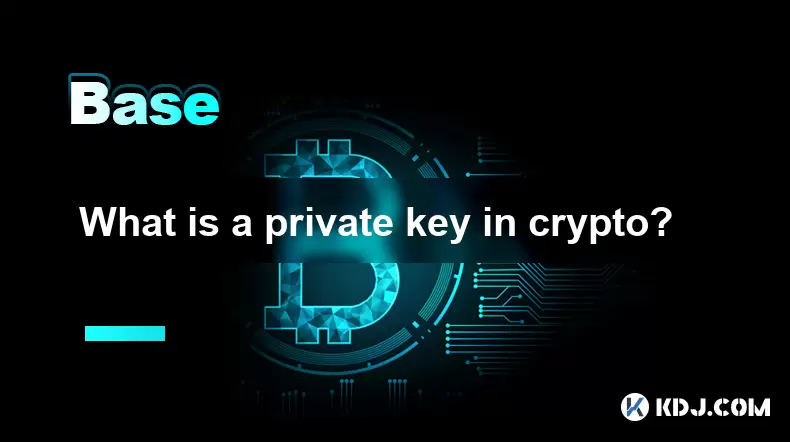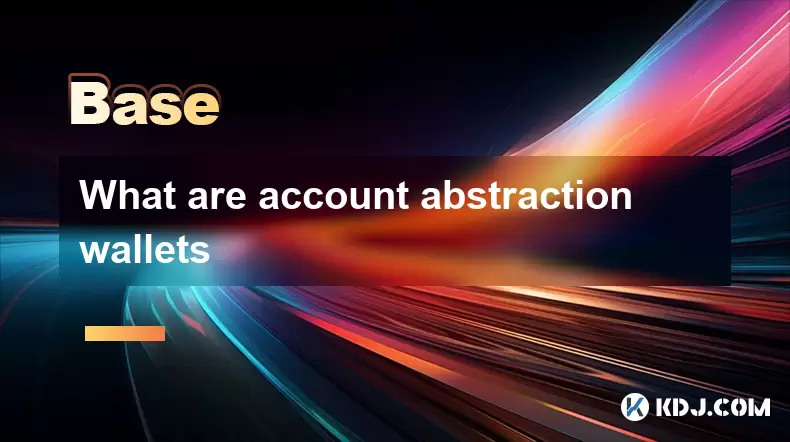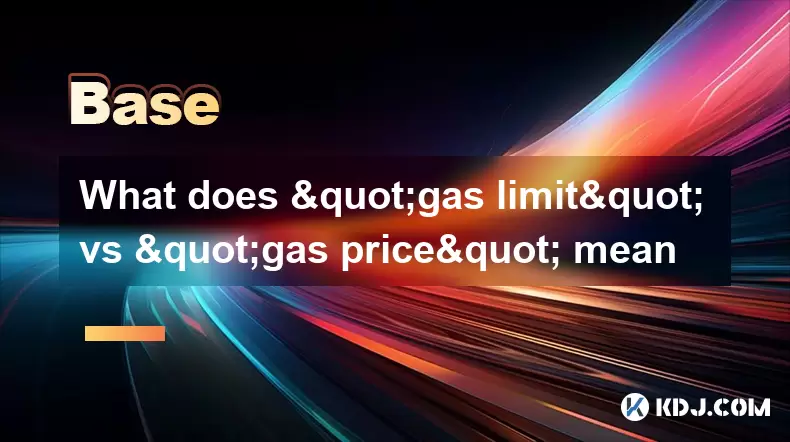-
 Bitcoin
Bitcoin $118,698.3676
0.16% -
 Ethereum
Ethereum $3,428.4877
5.97% -
 XRP
XRP $3.2496
9.52% -
 Tether USDt
Tether USDt $1.0002
0.00% -
 BNB
BNB $725.6930
4.36% -
 Solana
Solana $174.8923
4.52% -
 USDC
USDC $0.9997
-0.02% -
 Dogecoin
Dogecoin $0.2139
6.02% -
 TRON
TRON $0.3155
4.62% -
 Cardano
Cardano $0.8045
7.12% -
 Hyperliquid
Hyperliquid $46.6582
-1.72% -
 Stellar
Stellar $0.4676
0.80% -
 Sui
Sui $4.0143
0.38% -
 Chainlink
Chainlink $17.1546
2.97% -
 Hedera
Hedera $0.2458
3.27% -
 Bitcoin Cash
Bitcoin Cash $496.5967
-0.06% -
 Avalanche
Avalanche $22.8813
3.13% -
 Shiba Inu
Shiba Inu $0.0...01439
3.42% -
 UNUS SED LEO
UNUS SED LEO $8.8389
0.42% -
 Toncoin
Toncoin $3.2113
2.82% -
 Litecoin
Litecoin $101.2646
4.24% -
 Polkadot
Polkadot $4.2262
2.32% -
 Monero
Monero $340.4295
2.92% -
 Pepe
Pepe $0.0...01365
2.92% -
 Uniswap
Uniswap $8.9702
-2.78% -
 Bitget Token
Bitget Token $4.7675
2.00% -
 Dai
Dai $0.9998
-0.02% -
 Ethena USDe
Ethena USDe $1.0003
-0.04% -
 Aave
Aave $324.6394
-2.11% -
 Bittensor
Bittensor $433.6051
-0.88%
What is a private key in crypto?
A private key is a secret alphanumeric code that grants access to a cryptocurrency wallet and must be kept secure to prevent unauthorized control of funds.
Jul 17, 2025 at 05:56 pm

Understanding the Concept of a Private Key
In the world of cryptocurrencies, a private key is a unique alphanumeric code that grants access to a specific cryptocurrency wallet. This key is essentially a secret piece of data that proves ownership of a blockchain address. Every public address on a blockchain network has a corresponding private key, which is used to sign transactions and authorize transfers of digital assets.
Unlike public keys or wallet addresses, which can be freely shared with others, private keys must remain confidential at all times. If someone gains access to your private key, they can take full control of the associated funds without any possibility of recovery. Therefore, understanding how private keys work is crucial for maintaining security in the crypto space.
How Private Keys Work Technically
Cryptocurrencies rely on public-key cryptography, also known as asymmetric cryptography, to secure transactions and wallet interactions. In this system, each wallet consists of a pair of cryptographic keys: a public key and a private key. The public key is derived from the private key through complex mathematical algorithms and is used to generate the wallet address.
When a user initiates a transaction, their wallet software uses the private key to create a digital signature, which confirms the authenticity of the transaction without revealing the actual key. This signature is then verified by the network nodes using the corresponding public key. This ensures that only the rightful owner can spend the funds, while keeping the private key hidden.
Different Formats of Private Keys
Private keys are not always represented in the same format. Depending on the wallet type or service, you may encounter different representations:
- Hexadecimal Format: A 256-bit number usually displayed as a 64-character string composed of letters (A-F) and numbers.
- Wallet Import Format (WIF): A shorter, Base58Check-encoded version that includes a checksum to help detect errors when manually entering the key.
- Mnemonic Phrase: Some wallets use a set of 12 or 24 words to represent the private key in a more human-readable form.
Each of these formats serves the same purpose but offers varying levels of convenience and error resistance. It's essential to know what format your private key is in and how to handle it correctly to avoid irreversible mistakes.
Best Practices for Storing and Managing Private Keys
Securing private keys is one of the most critical aspects of managing cryptocurrency. Here are some recommended practices:
- Use Hardware Wallets: These offline devices store private keys securely and prevent online attacks.
- Avoid Storing Keys on Online Platforms: Never keep private keys in cloud storage or email accounts unless encrypted.
- Write Down Backups Securely: Physical backups like paper wallets should be stored in safe locations away from moisture and fire hazards.
- Encrypt Digital Copies: If storing digital versions, ensure they are encrypted and kept offline.
Never share your private key with anyone, even if they claim to be offering assistance. Legitimate services will never ask for your private key under any circumstances.
Recovering Lost Private Keys
Losing a private key typically means losing access to the associated funds permanently. There is no centralized authority in blockchain systems to reset or recover lost keys. However, there are some scenarios where recovery might still be possible:
- Backup Files: If you saved an encrypted backup file during wallet creation, you might be able to restore access using the correct password.
- Mnemonic Phrases: Most modern wallets provide a mnemonic seed phrase that acts as a master key to regenerate private keys.
- Professional Services: Some companies specialize in forensic wallet recovery, though success is not guaranteed and fees can be high.
If you lose your private key and don’t have a mnemonic phrase or backup, the funds are effectively lost forever. This underscores the importance of proper key management from the outset.
Frequently Asked Questions
Can I change my private key?
No, you cannot change a private key once it’s generated. You can, however, create a new wallet with a different private key and transfer your funds to that wallet.
Is it safe to reuse a private key across multiple wallets?
No, reusing the same private key across different wallets increases the risk of exposure and potential theft. Each wallet should have its own unique private key.
What happens if two people have the same private key?
While extremely unlikely due to the vast number of possible combinations, if two individuals somehow possess the same private key, both would have equal access to the funds associated with that key. This scenario is practically impossible with current cryptographic standards.
Do exchanges hold my private key?
Yes, most centralized exchanges manage private keys on behalf of users, which means you do not have full control over your funds. For true ownership, consider using non-custodial wallets.
Disclaimer:info@kdj.com
The information provided is not trading advice. kdj.com does not assume any responsibility for any investments made based on the information provided in this article. Cryptocurrencies are highly volatile and it is highly recommended that you invest with caution after thorough research!
If you believe that the content used on this website infringes your copyright, please contact us immediately (info@kdj.com) and we will delete it promptly.
- Winning Design: Nine-Year-Old's Art Becomes a Chocolate Coin!
- 2025-07-18 01:10:12
- Bitcoin, Market Cap & Strategy: Decoding the Crypto Game in 2025
- 2025-07-18 01:10:12
- Plume and Colb Finance: Tokenizing Pre-IPO Equities for the Blockchain Era
- 2025-07-18 00:35:12
- Bitcoin's Bull Run: Can It Break Through the Bearish Sentiment?
- 2025-07-18 00:35:12
- Silver Breaks 14-Year High: What's Driving the Rally?
- 2025-07-17 22:50:13
- Ozak AI, Stellar (XLM), and Solana (SOL): The New Crypto Watchlist Stars
- 2025-07-17 23:50:12
Related knowledge

What is the Bitcoin dominance index
Jul 12,2025 at 10:35pm
Understanding the Bitcoin Dominance IndexThe Bitcoin Dominance Index, often abbreviated as BTC.D, is a metric used to measure Bitcoin's market capital...

What is the Bitcoin dominance index
Jul 11,2025 at 04:29am
What is the Bitcoin Dominance Index?The Bitcoin Dominance Index is a metric used to gauge Bitcoin's market capitalization relative to the total market...

Can crypto be a hedge against inflation
Jul 14,2025 at 12:21am
Understanding the Concept of Hedging Against InflationInflation refers to the general increase in prices and fall in the purchasing value of money ove...

Can crypto be a hedge against inflation
Jul 12,2025 at 12:07pm
Understanding the Role of Blockchain in Decentralized Finance (DeFi)Blockchain technology serves as the backbone of decentralized finance, offering a ...

What are account abstraction wallets
Jul 13,2025 at 01:43am
Understanding the Concept of Account AbstractionAccount abstraction is a term frequently used in the Ethereum ecosystem, particularly within discussio...

What does "gas limit" vs "gas price" mean
Jul 13,2025 at 04:00am
Understanding the Basics of Gas in Blockchain TransactionsIn the Ethereum and other EVM-compatible blockchains, every transaction requires computation...

What is the Bitcoin dominance index
Jul 12,2025 at 10:35pm
Understanding the Bitcoin Dominance IndexThe Bitcoin Dominance Index, often abbreviated as BTC.D, is a metric used to measure Bitcoin's market capital...

What is the Bitcoin dominance index
Jul 11,2025 at 04:29am
What is the Bitcoin Dominance Index?The Bitcoin Dominance Index is a metric used to gauge Bitcoin's market capitalization relative to the total market...

Can crypto be a hedge against inflation
Jul 14,2025 at 12:21am
Understanding the Concept of Hedging Against InflationInflation refers to the general increase in prices and fall in the purchasing value of money ove...

Can crypto be a hedge against inflation
Jul 12,2025 at 12:07pm
Understanding the Role of Blockchain in Decentralized Finance (DeFi)Blockchain technology serves as the backbone of decentralized finance, offering a ...

What are account abstraction wallets
Jul 13,2025 at 01:43am
Understanding the Concept of Account AbstractionAccount abstraction is a term frequently used in the Ethereum ecosystem, particularly within discussio...

What does "gas limit" vs "gas price" mean
Jul 13,2025 at 04:00am
Understanding the Basics of Gas in Blockchain TransactionsIn the Ethereum and other EVM-compatible blockchains, every transaction requires computation...
See all articles

























































































